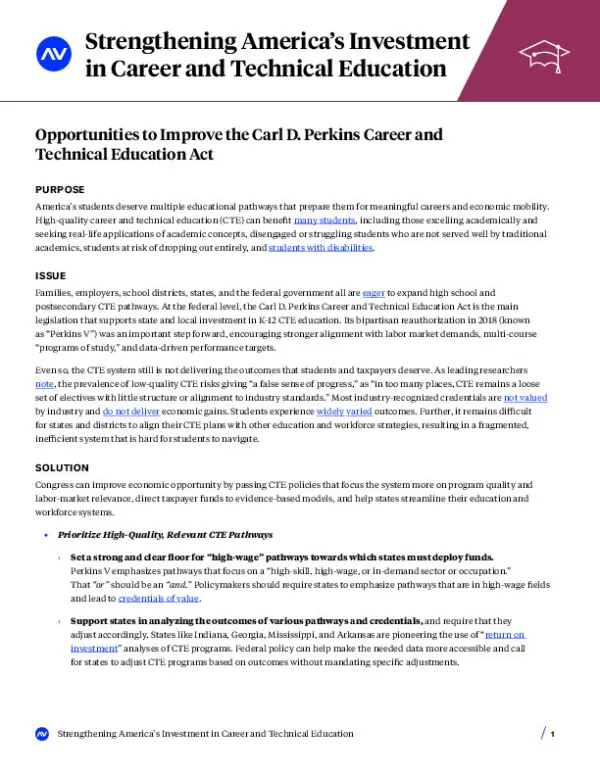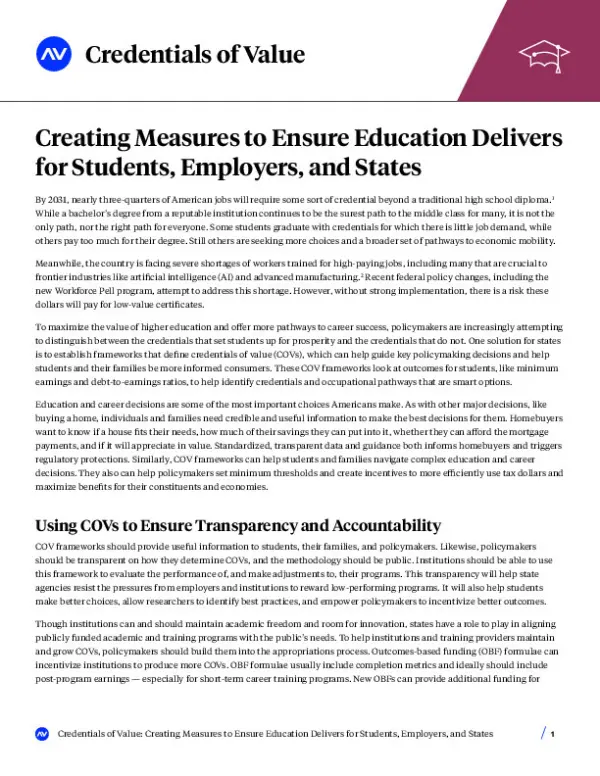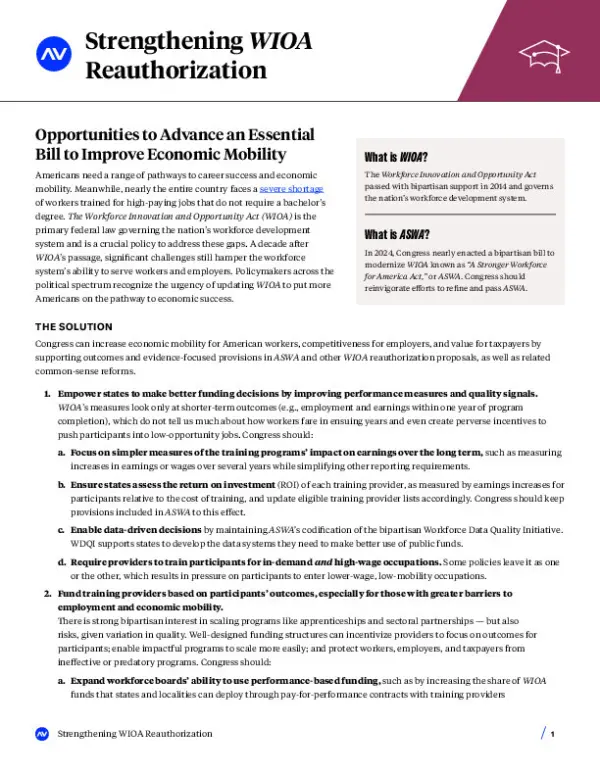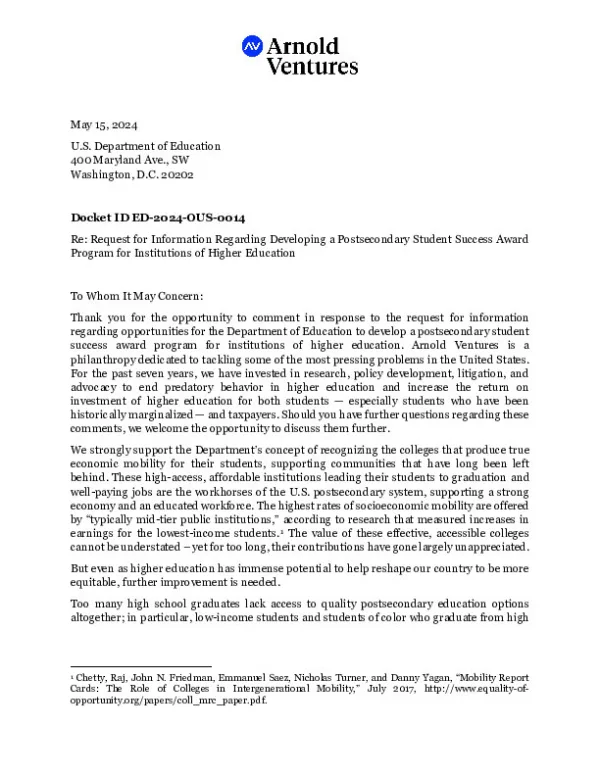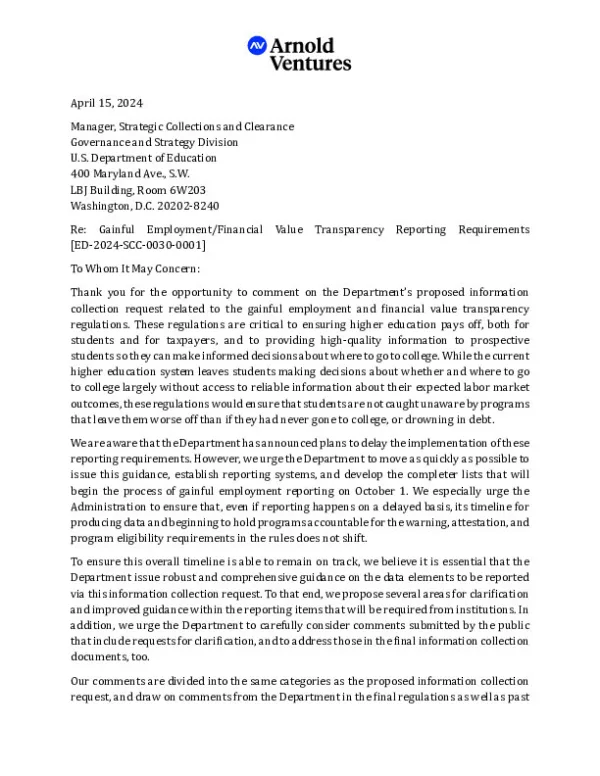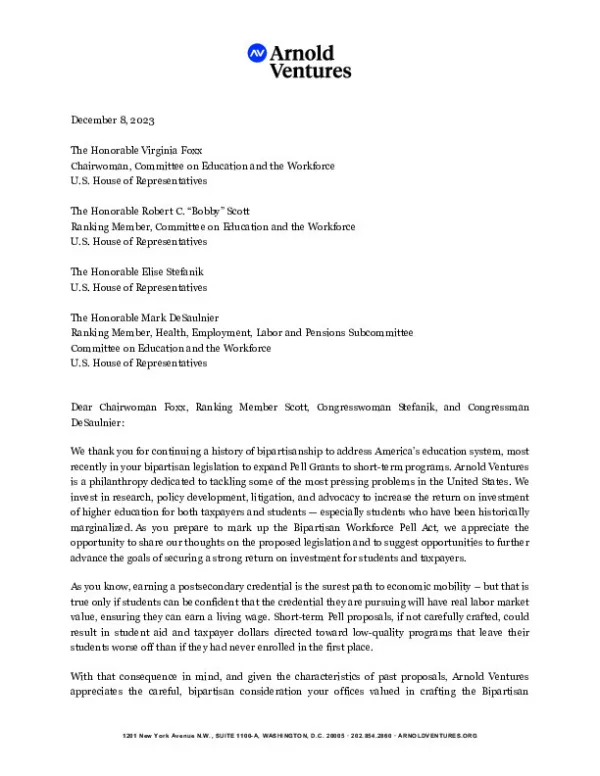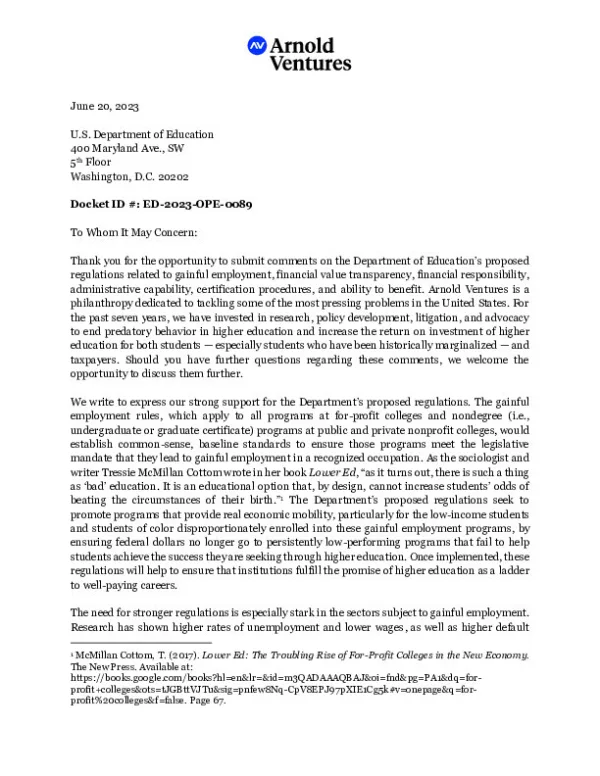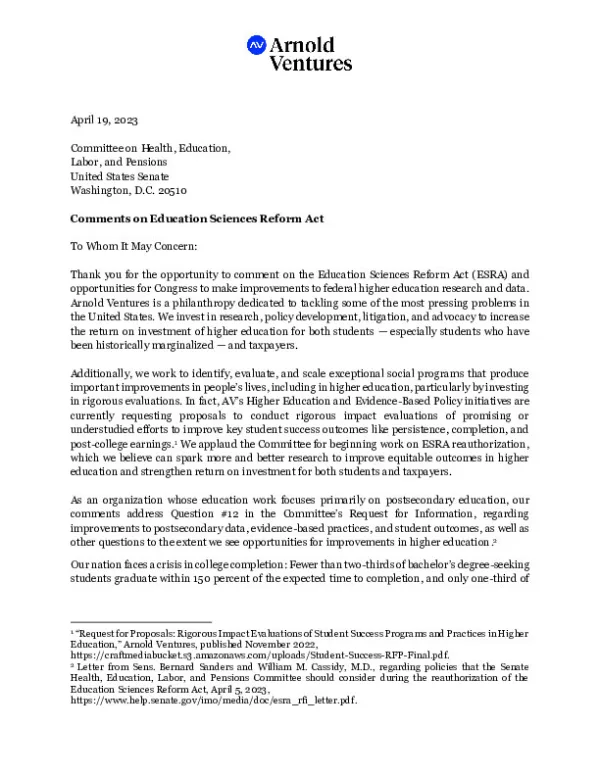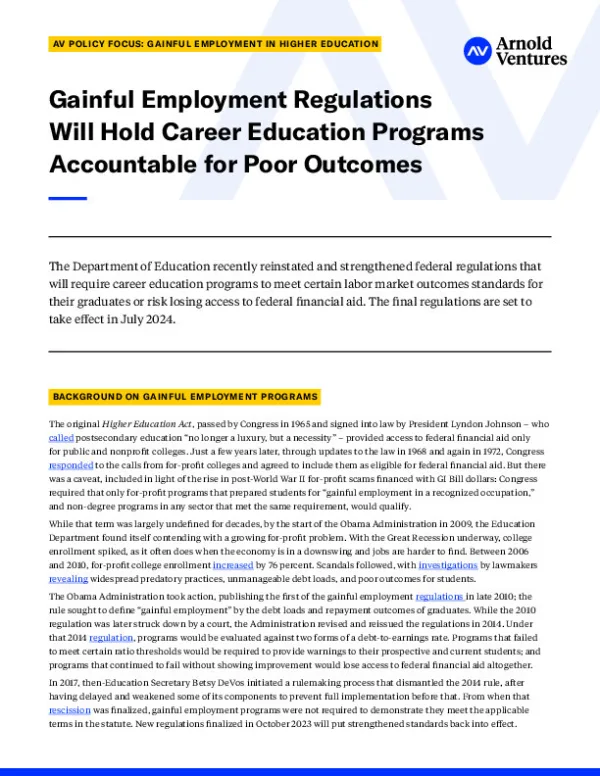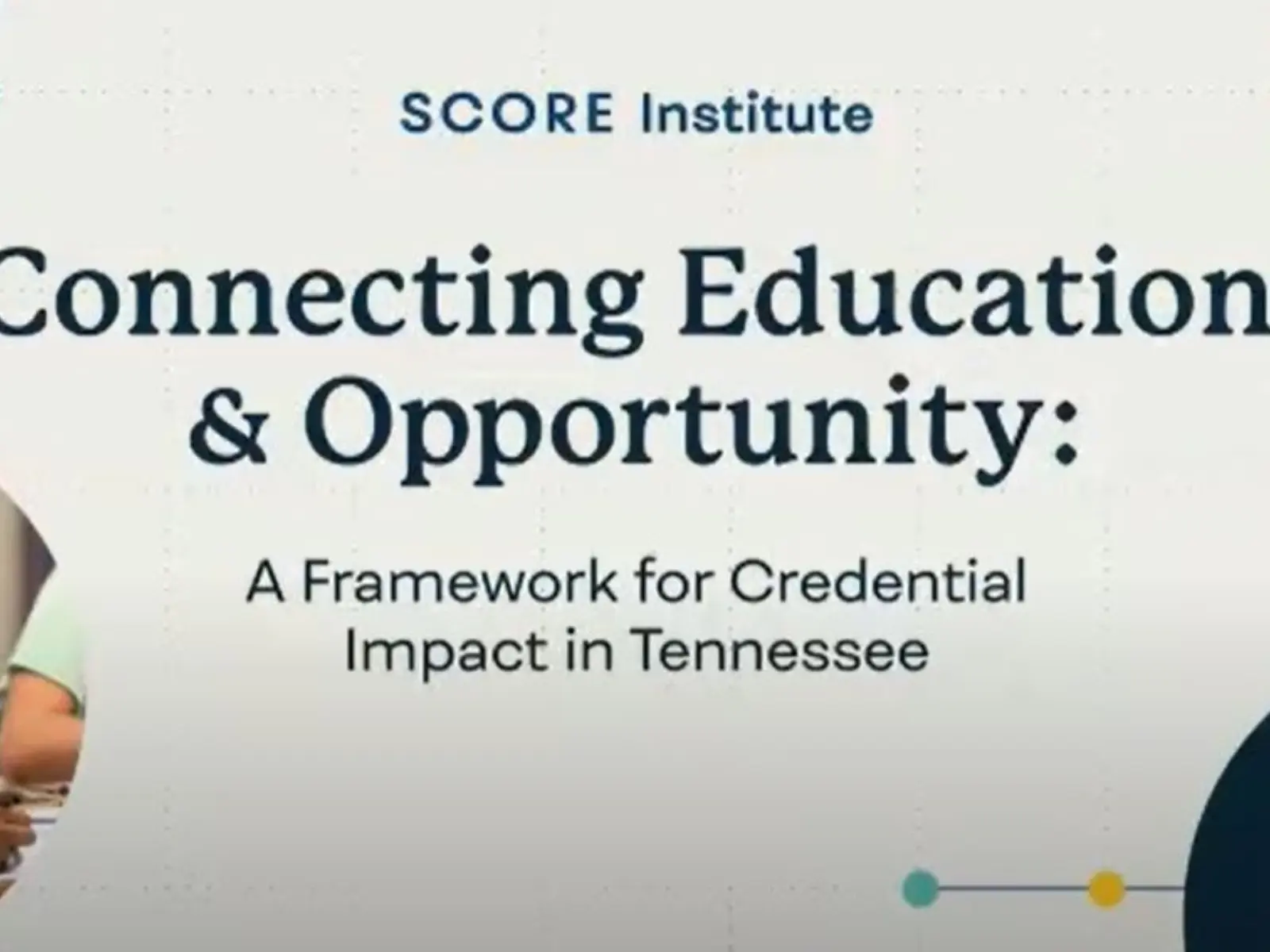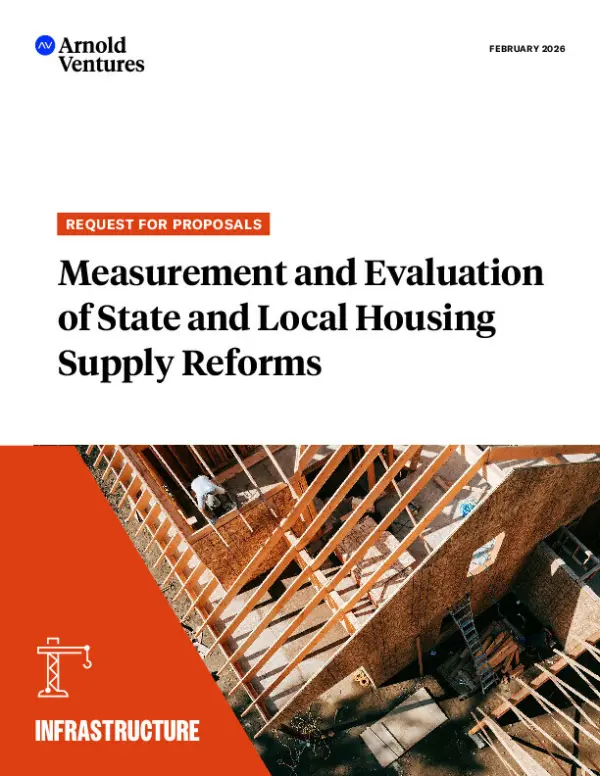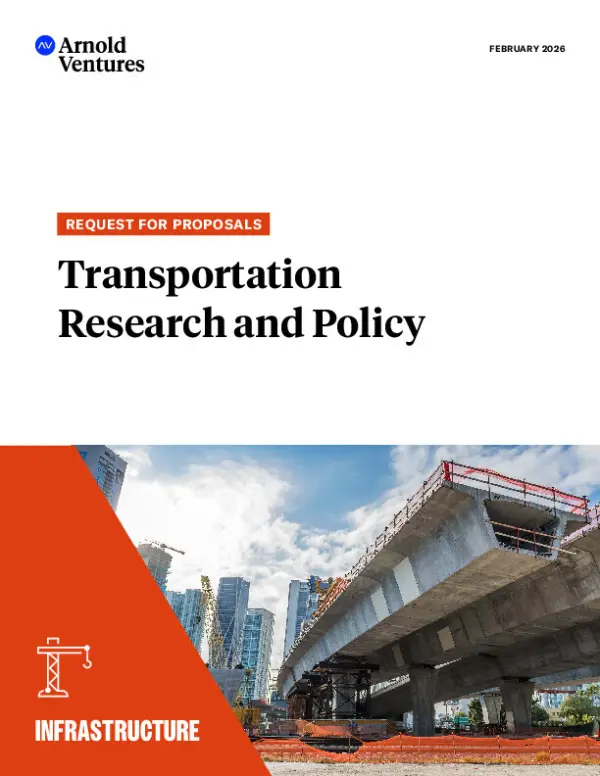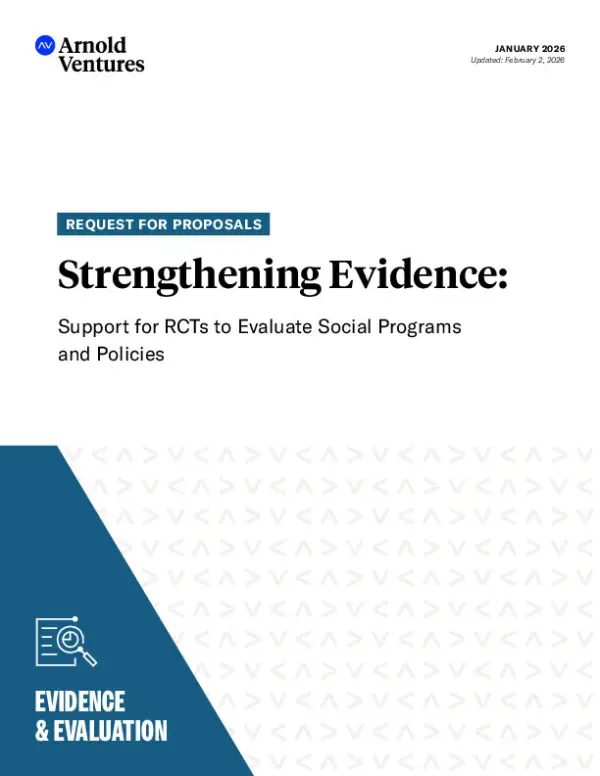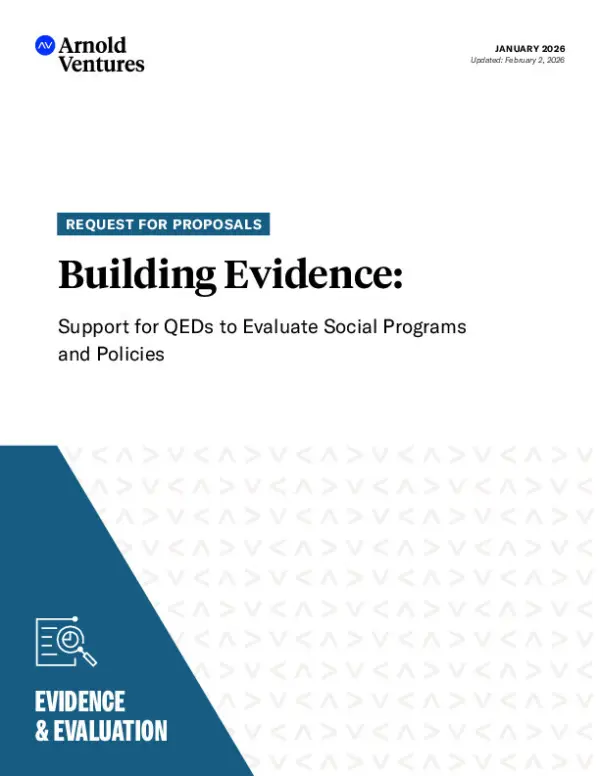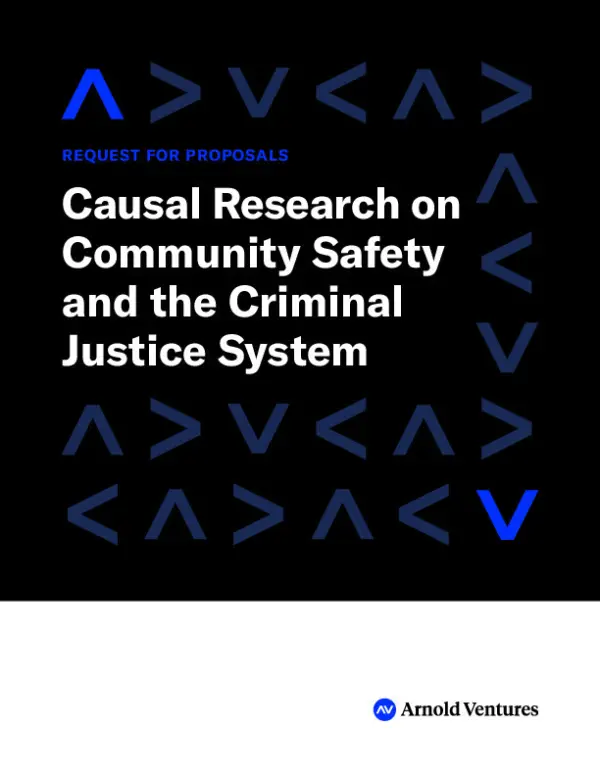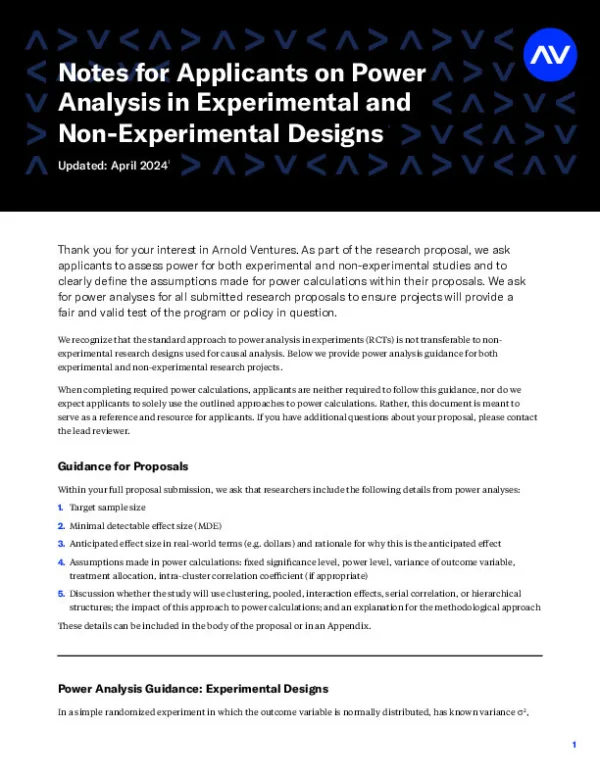Career Pathways

Students and workers should have many pathways to economic mobility.
Americans deserve a range of pathways to fulfilling careers and economic mobility. Meanwhile, employers nationwide face a shortage of workers trained for high-paying jobs that do not require a bachelor’s degree, and students are eager for more access to these pathways. As new industries emerge and technological change reshapes the labor market, the need to increase student options and career pathways becomes only more urgent.
Rigorous research is showing how impactful some training pathways can be – such as high-quality high school career and technical education programs and certain “sectoral training programs” that train workers for good jobs in targeted industries in close partnership with employers. Career-connected approaches like these can provide on-ramps for students and workers to further their education and credentials (often including a college degree).
However, there is enormous variation in programs’ effectiveness and value, and some that receive significant policy attention have limited causal evidence to date for their impact on students’ economic outcomes. It is crucial that policy elevates what works and shields students, workers, employers, and taxpayers from low-value programs.
Arnold Ventures’ Career Pathways portfolio aims to ensure every learner can access fulfilling paths to economic mobility. We support policies that ensure career pathways offerings are high-quality and connect students to good jobs, channel resources to evidence-based programs, and help states create effective education-to-workforce systems.



